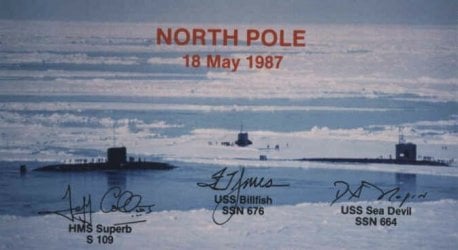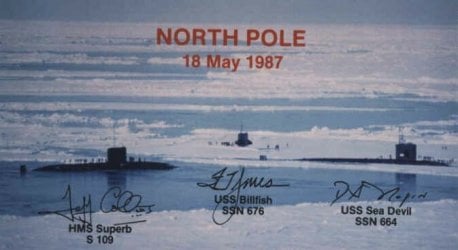- Thread starter
- #1,421
Arctic sea ice, a benchmark for the earth’s rising temperature, may approach a record low in September after its biggest July melt since 2007, researchers at the U.S. National Snow and Ice Data Center said.
Ice covered an average of 7.92 million square kilometers (3.06 million square miles) of ocean last month, 210,000 square kilometers less than the average for the same period in 2007, when there was a record melt season, according to the center. After a recovery toward the end of the month, an all-time low is “an outside possibility,” said Walt Meier, an NSIDC scientist.
“It will be another low year, very likely one of the five lowest,” Meier said today in an e-mail. “One year doesn’t say too much in and of itself, but the long-term downward trend and the series of very low years is indicative of a thinner ice cover and warming temperatures.”
The Arctic ice typically melts until September, before freezing again through March. Scientists at the Boulder, Colorado-based center say the declining ice pack is a harbinger of global warming. By 2030, there may “consistently” be summers where little or no ice remains on the ocean, Meier said.
Arctic Sea Ice May Approach Record Low After Biggest July Melt - Bloomberg
Ice covered an average of 7.92 million square kilometers (3.06 million square miles) of ocean last month, 210,000 square kilometers less than the average for the same period in 2007, when there was a record melt season, according to the center. After a recovery toward the end of the month, an all-time low is “an outside possibility,” said Walt Meier, an NSIDC scientist.
“It will be another low year, very likely one of the five lowest,” Meier said today in an e-mail. “One year doesn’t say too much in and of itself, but the long-term downward trend and the series of very low years is indicative of a thinner ice cover and warming temperatures.”
The Arctic ice typically melts until September, before freezing again through March. Scientists at the Boulder, Colorado-based center say the declining ice pack is a harbinger of global warming. By 2030, there may “consistently” be summers where little or no ice remains on the ocean, Meier said.
Arctic Sea Ice May Approach Record Low After Biggest July Melt - Bloomberg


